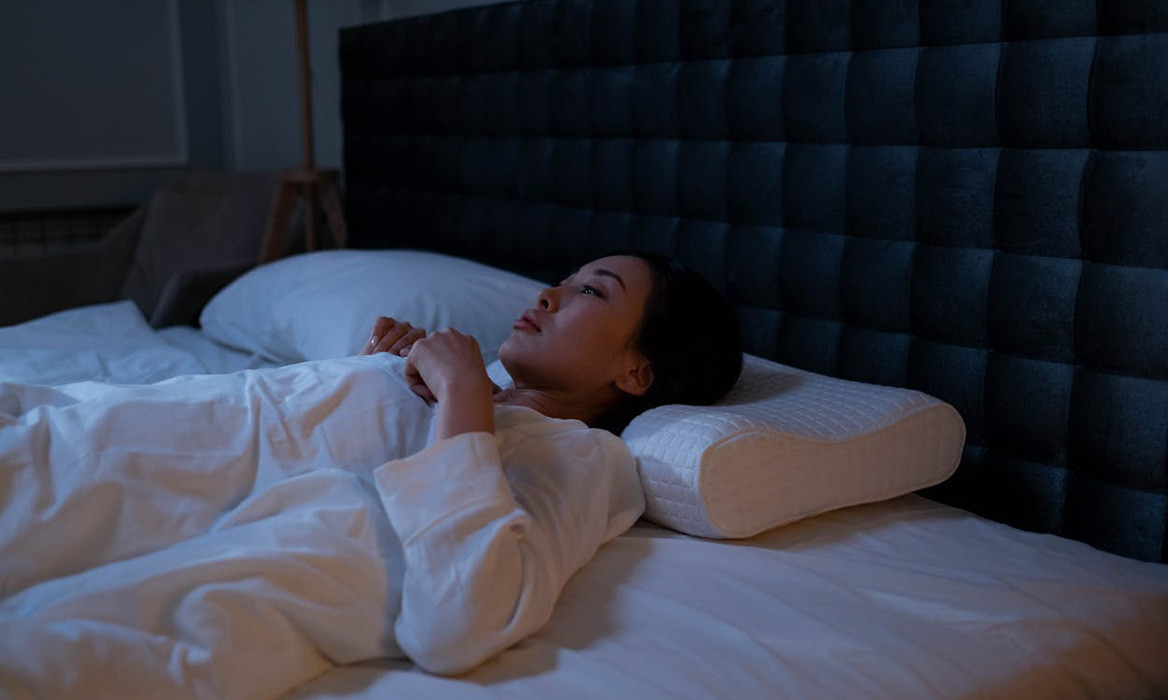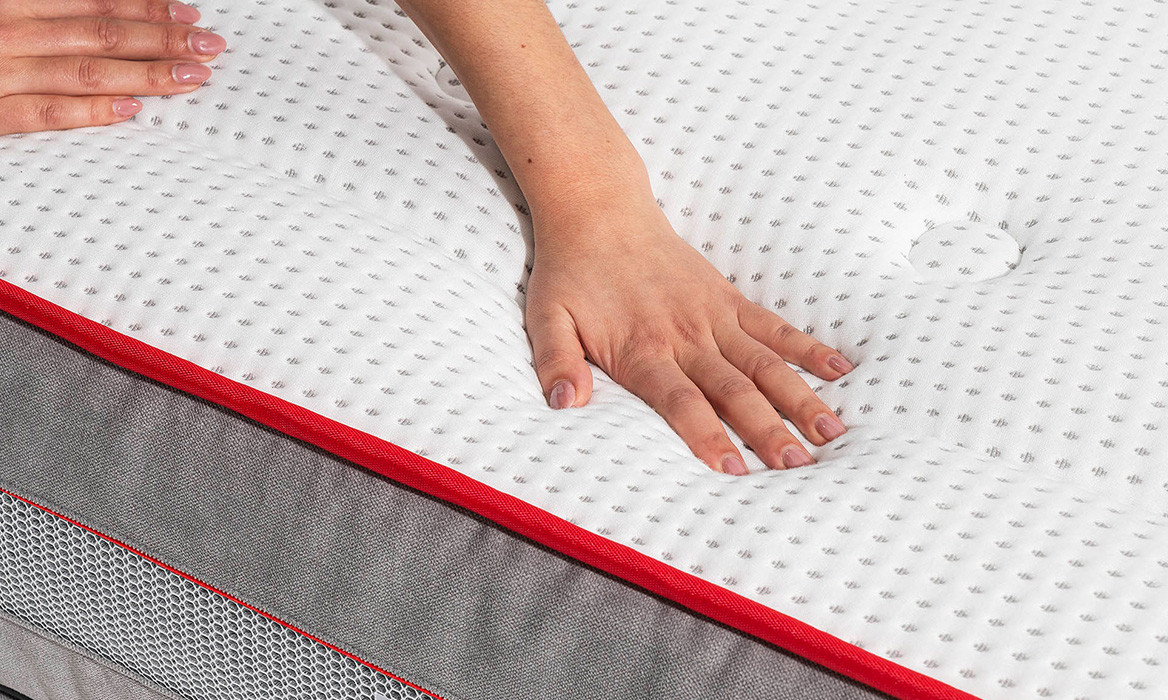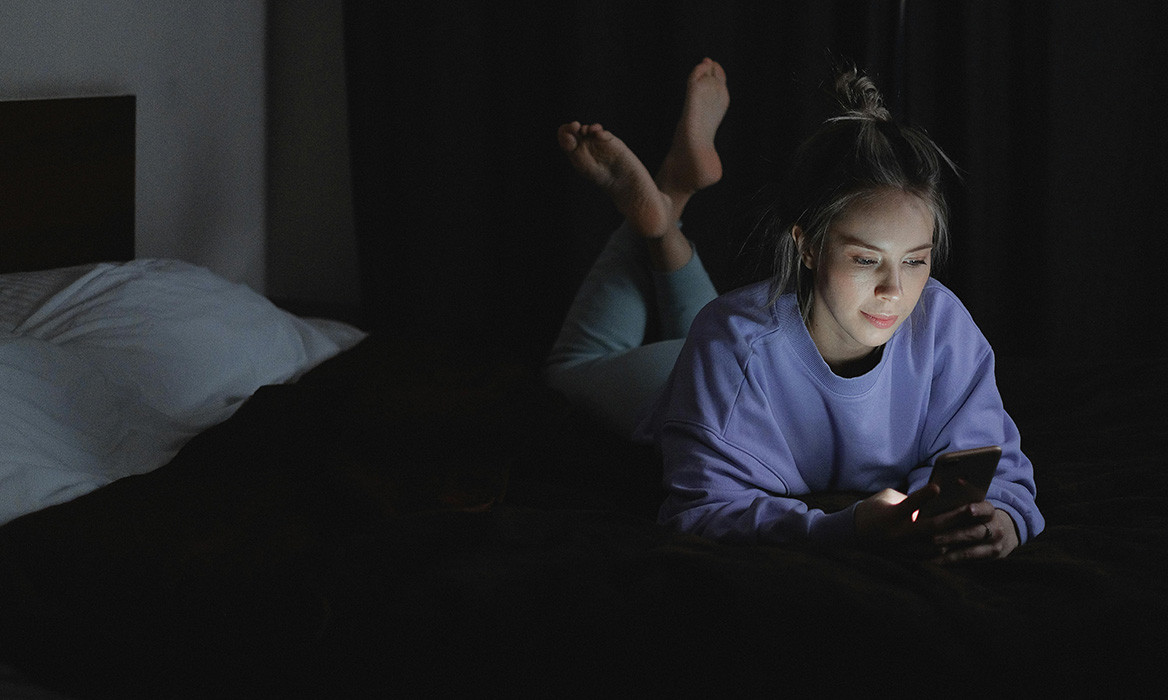Published by Mattress Market on 20th Aug 2025
Sleep Well: Sleep Myths that Influence Rest
Sleep influences our physical, mental and emotional health. But despite its importance, sleep myths continue to circulate about what it really means to sleep well. In this article, we explore each myth and its veracity in detail.
Phases of the sleep cycle
Each cycle lasts an average of 90 to 110 minutes and is repeated between 4 and 6 times a night, depending on the total duration of sleep. Knowing these phases helps us understand why continuous, deep sleep is so essential for good health.
Phase 1 - Falling asleep
This is the transition between wakefulness and sleep. It's a short phase, lasting only a few minutes. As such, any noise or disturbance can easily wake you up during this phase.
Phase 2 - Light sleep
In this phase, the body gradually begins to shut down. Although it is still a light sleep, it is more difficult to wake up than in the previous phase. In addition, this stage accounts for around 50% of total sleep time.
Stage 3 - Deep sleep
When we move into this phase, the body regenerates physically. That's why it's very difficult to wake up in this phase.
Deep sleep is essential for starting the day with energy.
REM phase - Dream sleep (Rapid Eye Movement)
During the REM phase, brain activity increases, the eyes move quickly under the eyelids and dreams are more vivid. It is crucial for memory, learning and emotional balance. The body remains practically motionless as a form of protection. The REM phase begins around 90 minutes after falling asleep and gradually becomes longer.
Sleep: truth or myth?
There are many popular beliefs that may seem harmless, but have a real impact on sleep quality. Correcting habits and learning about sleep myths is essential for restful nights and more productive days.
Myth: Sleeping 8 hours a night is mandatory
Not always. The general recommendation is 7 to 8 hours of sleep a night, but this is not a universal rule. Everyone has different needs: some people feel refreshed with 6 hours and others need 9. The most important thing is to wake up feeling rested, energized and focused. The quality of sleep is more important than its duration.
Watching TV or using your cell phone helps you fall asleep
False. The blue light from screens inhibits the production of melatonin - the sleep hormone - and makes it harder to fall asleep and stay asleep. Swap screens for a quieter activity, such as reading, listening to soft music or practicing conscious breathing.
Is lying down waiting for sleep to come a good idea?
Not always. Lying awake and feeling anxious can increase stress and create a negative association with the bedroom. If you can't fall asleep after 20 or 30 minutes, get up, keep the lights down and do something relaxing until sleep returns naturally.
Sleeping with the lights on doesn't interfere with rest
Myth: Light, especially white or blue light, can inhibit the production of melatonin, making it difficult to fall asleep and affecting the quality of deep sleep. Ideally, the bedroom should be completely dark.
Does exercising at night affect your sleep?
It depends. Very intense exercise close to bedtime can put the body on alert. However, moderate or light activities - such as yoga or stretching - can even help you relax. Ideally, finish exercising at least 2-3 hours before bedtime.
Does making up for bad nights at the weekend solve the problem?
Myth: Oversleeping at the weekend can disrupt the body's natural rhythm, making it difficult to sleep the following days. The ideal is to maintain a consistent sleep schedule every day, even at the weekend.
Coffee only disturbs sleep if drunk at night
Common mistake. Caffeine can affect sleep even when consumed up to 6 hours before bedtime. Sensitivity varies from person to person, but it's best to avoid caffeinated drinks in the afternoon and evening.
Remembering dreams means you slept soundly
Not necessarily. Remembering dreams frequently can be a sign that you wake up several times during the night. Deep sleep tends to be continuous and uninterrupted - and it's in this state that most people don't remember dreaming.
Sleeping on your stomach is the best position
Not always. The best position varies according to each person's body characteristics and needs. Sleeping on your side, with your body well aligned, is often recommended. The important thing is that the mattress provides the right support for your natural posture.
In our blog, you'll find tips on how to choose the best mattress to ensure a restful night's sleep.
Snoring is a sign that a person is sleeping soundly.
Wrong. Snoring can happen at any stage of sleep and in many cases indicates breathing difficulties, such as apnea. It is not a sign of deep sleep or quality rest.
At Mercado do Colchão, we believe that sleeping well starts with the right knowledge and continues with the right mattress. Because resting well isn't just about closing your eyes - it's about taking care of yourself, your body and your mind.









